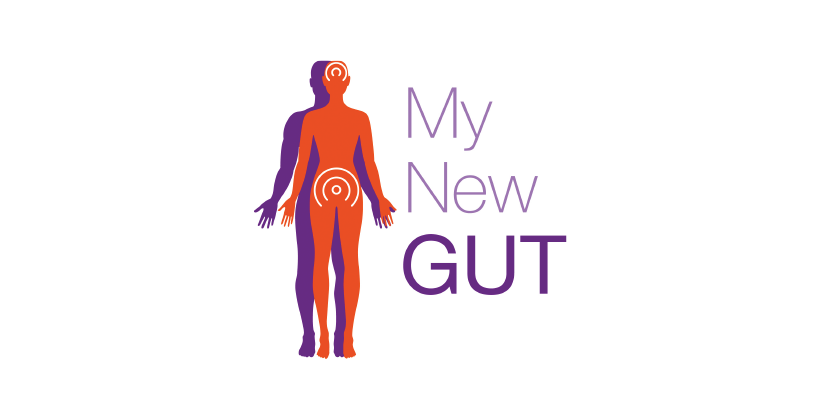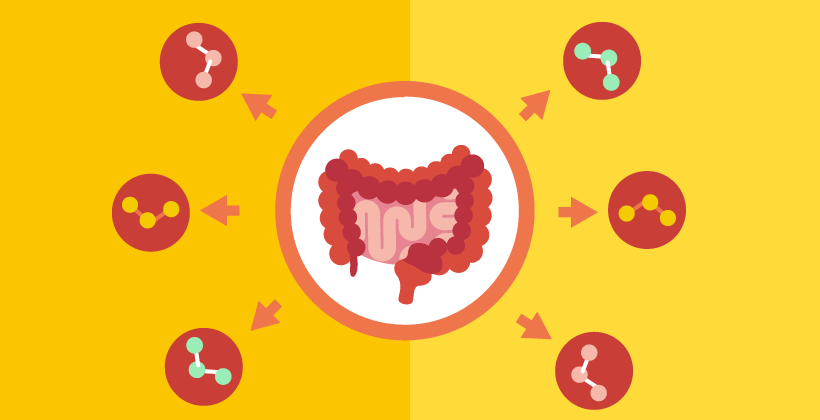Gut health: The role of bacteria, probiotics and prebiotics
Last Updated : 15 February 2012The past decade has seen great advances in our understanding of the role of gut bacteria, probiotics and prebiotics in promoting human health and disease. A review published by a team of North American and European researchers discusses the current scientific evidence accumulated in this area from 2000-2010.
The human gastrointestinal tract contains over 1,000 different types of bacteria. Some of these are beneficial bacteria; they can promote health by stimulating the immune system, improving the digestion and absorption of nutrients, and inhibiting the growth of pathogens. Others are more harmful, pathogenic, bacteria which are responsible for intestinal infections, diarrhoea and constipation, and the production of carcinogens and toxins.
Probiotics and prebiotics are able to improve host health by increasing numbers of beneficial bacteria in the gut. Probiotics are defined as live microorganisms that provide a health benefit to the host when consumed in appropriate amounts. They are found in a variety of foods and dietary supplements, and include the strains lactobacilli and bifidobacteria. Prebiotics are non-digestible carbohydrates such as inulin and fructo-oligosaccharides which can selectively promote the growth and activity of beneficial bacteria in the gut.
In their review, the authors discuss the many ways in which probiotics have been shown to benefit human health. For instance, they can modulate the immune system by increasing the production of pathogen-fighting antibodies and other immune cells. They are also able to enhance the function of intestinal cells by stimulating them to produce more mucus and protecting them from dying off. Other studies have shown how probiotics can act as antimicrobial agents by suppressing the growth and invasion of harmful pathogens.
From a therapeutic point-of-view, probiotics and prebiotics have been reported to help in the treatment of numerous gastrointestinal disorders. They may also be useful in the prevention of obesity and type-2 diabetes. Though further research is needed in this area, it is clear that gut bacteria play an important role in human health. Moreover, the scientific research from the past decade has demonstrated the great potential for probiotics and prebiotics to promote our well-being.
NB: The review is based on webinar presentations developed by the American Gastroenterological Association (AGA) in partnership with the International Scientific Association for Probiotics and Prebiotics (ISAPP) and the North American branch of the International Life Sciences Institute (ILSI North America).








